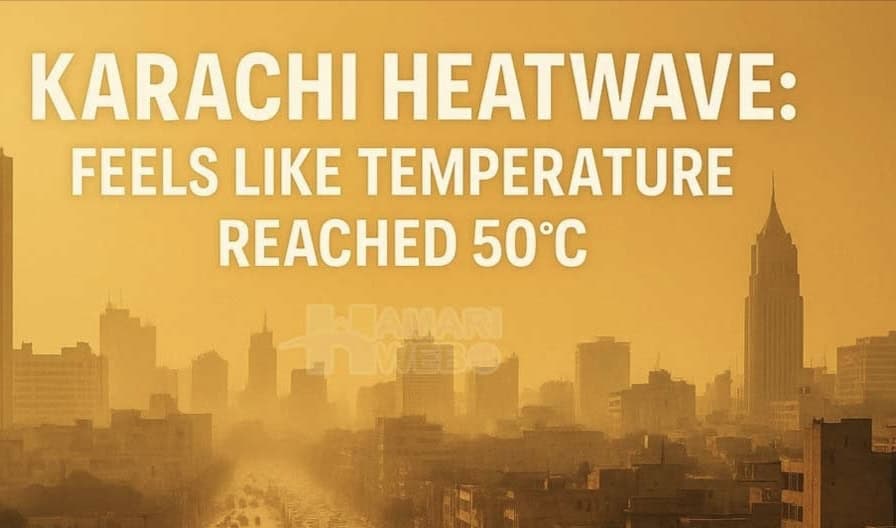What If You Had to Choose Between Safety and Home—Every Single Day?
Imagine waking up to the sound of distant explosions or checking your phone to see if your neighborhood is the next target. No warning. No explanation. Just fear—and the hope that today, your family makes it through.
That’s the terrifying reality for thousands of ordinary people trapped in the middle of the growing tensions between Iran and Israel. While governments debate and missiles fly, the people who suffer the most aren’t sitting at conference tables or war rooms. They’re standing in grocery lines, rushing their children into bomb shelters, or desperately trying to call loved ones after a sudden strike.
This isn’t about politics or power.
This is about people.
The Human Toll Behind the Headlines
When you hear about Iran and Israel clashing, it usually comes with dramatic footage—jets streaking across the sky, missile systems firing, world leaders issuing sharp warnings.
But what you don’t see?
The grandmother in Haifa who can’t sleep because of air-raid sirens.
The teenager in Isfahan who hasn’t gone to school in weeks because of bomb threats.
The father in southern Lebanon holding his breath every time his phone buzzes with breaking news.
These stories rarely make the news ticker. But they are real—and they matter.
No Uniforms, Just Lives Interrupted
Civilians don’t carry weapons. They carry groceries, children, and dreams. But in times of conflict, they carry something else too: the unbearable weight of uncertainty.
Take Sara, a mother of two in Tel Aviv. When a strike hit a nearby military site last month, her apartment shook so violently that her five-year-old son screamed, “Is it an earthquake or a war?” She didn’t have an answer—because it kind of felt like both.
Or Reza, a young engineer in Tehran. With tensions escalating, his internet is slow, the streets are quiet, and every loud sound makes him flinch. “We just want peace,” he says. “We’re tired of being afraid of things we didn’t start.”
These are not soldiers. They’re not spokespeople. They’re everyday people who want what everyone else wants: a normal life.
Caught Between Missiles and Misinformation
In today’s digital age, war doesn’t just happen on the ground—it happens on screens too.
One tweet can spark panic. One fake video can spread like wildfire. People living in border towns or cities near military targets often don’t know what’s real anymore. Is it a drill? A rumor? Or is something truly coming?
It’s like living in a house of mirrors, where every reflection looks dangerous—and you can’t find the way out.
The Emotional Shrapnel: Trauma That Lingers
War doesn’t end when the sirens stop. For many civilians, the emotional wounds run deeper than any physical damage.
Kids start to associate loud noises with death. Parents have anxiety attacks when the lights flicker. Simple things—like a plane overhead or fireworks—can trigger panic.
This isn’t just about survival.
It’s about how people are being forced to live in a constant state of fear, long after the smoke clears.
Where’s the World?
One of the hardest parts for many of these civilians is the feeling of being forgotten. When you’re in the middle of two powerful nations in conflict, it’s easy to feel like just a statistic.
Aid doesn’t always come fast. Foreign media often oversimplifies. And international attention? It fades—until the next big explosion.
Yet these people keep going. They go to work. They care for their children. They hold onto hope, however small. Because what else can they do?
Why This Story Deserves Your Attention
You don’t need to live in the Middle East to feel connected to these stories.
You just need empathy.
Because if your home suddenly became unsafe… if your children had to learn what a bomb sounds like before they could read… if your daily routine involved choosing the safest time to go outside…
Wouldn’t you want someone to care?
These people aren’t looking for sympathy. They’re asking for recognition. To be seen. To be heard. To be remembered—not just as background noise in a geopolitical standoff, but as human beings with stories that matter.
Final Thoughts
The silence of suffering civilians isn’t really silence at all. It’s just that no one’s listening closely enough.
So next time you hear “tensions rising between Iran and Israel,” remember the people in the middle. Not the politicians. Not the generals.
The families. The children. The everyday people whose only crime is being born on the wrong side of a border.



